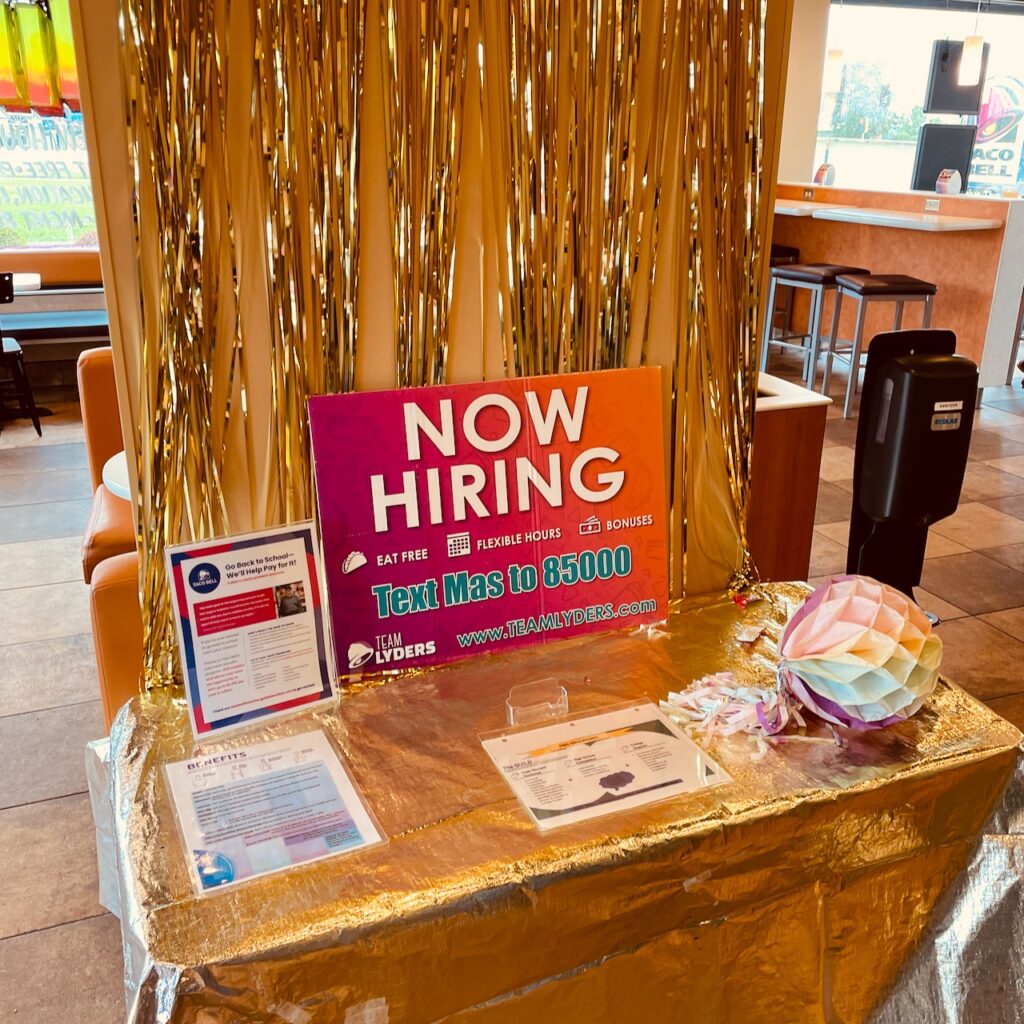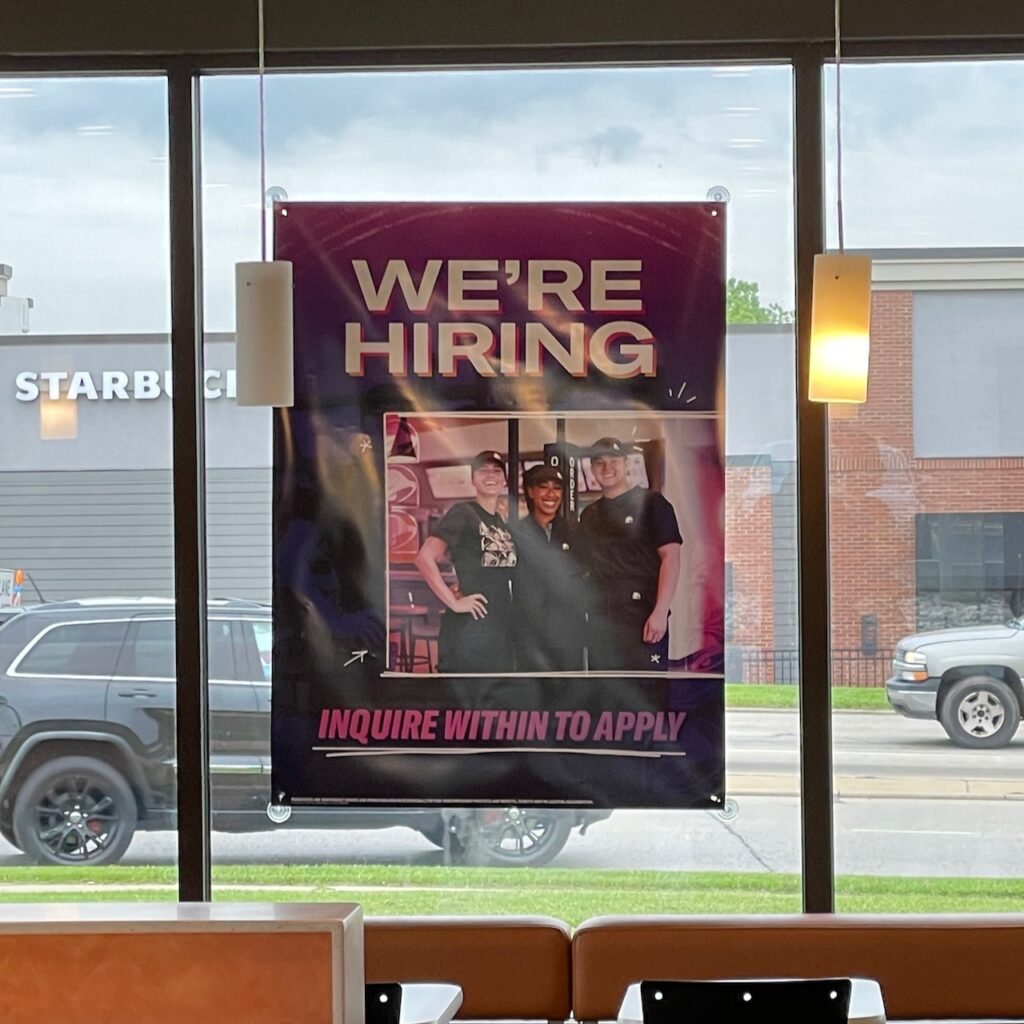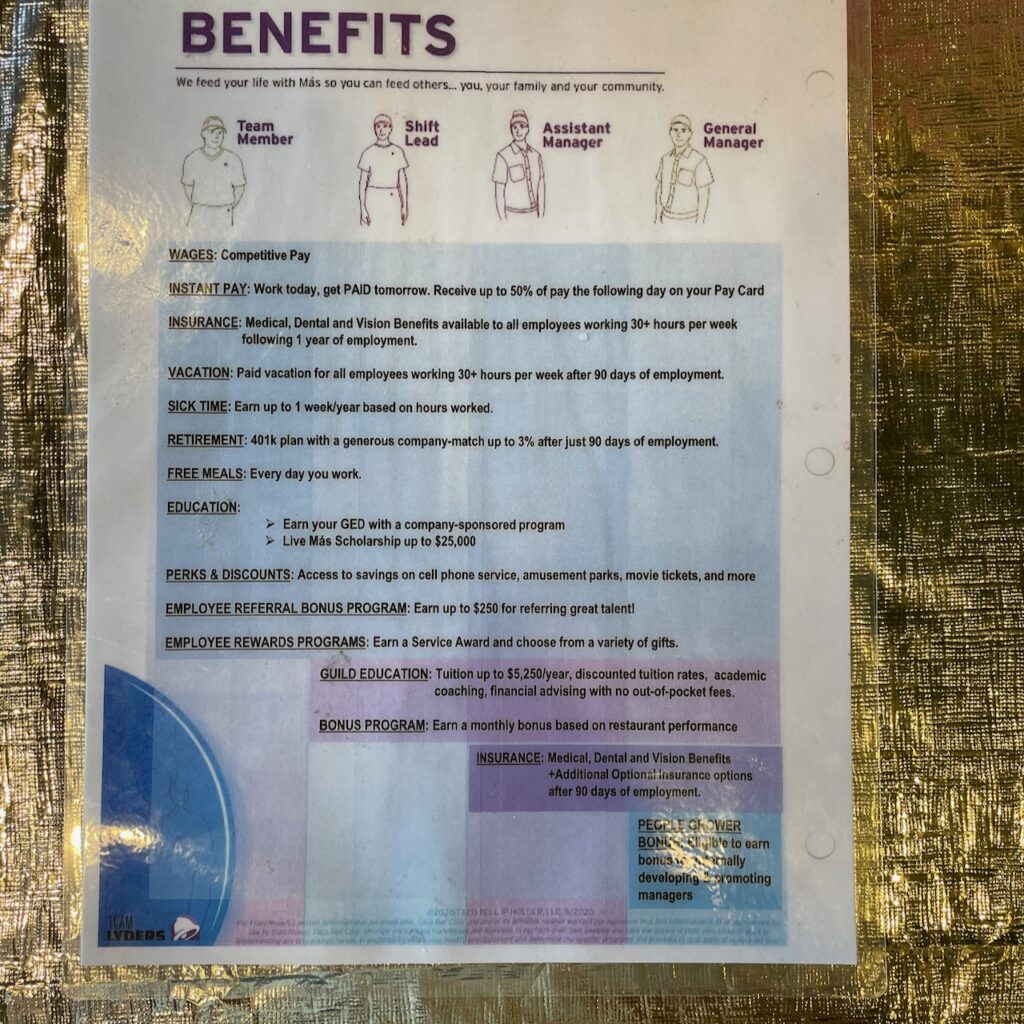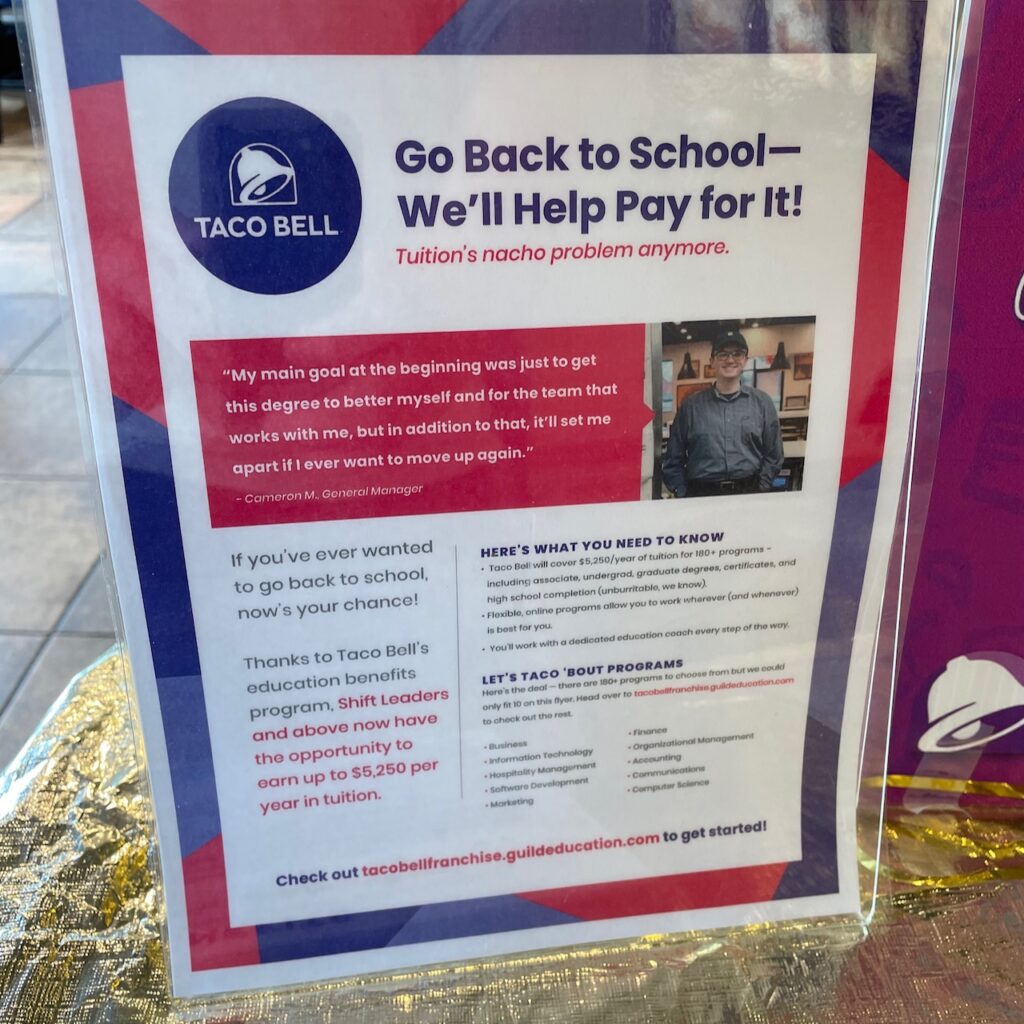Finding employees is challenging for local small business retail. It’s a problem here in Australia and around the world.
Using our POS software, retailers can offer retail employees skills development, which helps people develop their careers. Through our structures self-paced as well as personal one-on-one training, retail employees not only learn the software, they learn business, and this can help them find a future pathway they enjoy.
Good POS software plays a vital role in hiring and retaining employees.
Our trainers and our POS software help desk trim members provide resources and services that can help retail employees contribute more, enjoy their work more and develop more valuable skills.
We love work with retail employees who want to learn more and who have the backing of their employer to do so – we are careful yo respect the wishes of our clients in terms of the extent of employee training and insights we provide and there are some settings where this needs to be limited.
Our CEO was recently in the US looking at retail and noticed the challenges confronting retailers on finding employees. We share this today to reflect the broader view we have of retail, beyond the POS software itself …
The retail job shortage has retailers changing-up their approach to recruiting.
The challenge of hiring and retailing retail workers is worldwide. It is causing retailers to go to extraordinary lengths.
In a small US town I was in a few days ago, of the 25 shops on the Main Street, 21 were advertising vacancies in their front window.
In a Taco Bell that I visited (don’t judge me) 3 days ago, every place where this chain restaurant location would usually promote meal options and deals, they were advertising for people.
The moment you step into Taco Bell, you see this table.

Four of the windows had these signs facing inside and out.

The front window had sign writing, too:

Above the registers and at the self-service tech screens they had signs too.
But back to the table inside the front door. They had collateral pitching employee benefits:



On top of all this visual noise is the pitch at the counter. Yes, they were asking some (but not all) customers if they knew of anyone looking for a job.
In this Taco Bell outlet, looking for new staff was more important than promoting what they sell.
Apple responded to their staffing challenges with an announcement a couple of days ago. Apple is increasing the pay of retail employees by 10%.
Apple Inc. is raising salaries for retail workers in the US by 10% or more and upping its global companywide compensation budget as it faces a tight labor market and unionization efforts.
The company is hiking hourly pay for retail staff to at least $22 per hour, up from a previous $20 minimum, the company told employees on Wednesday. The move follows a pay bump in February after inflation grew more severe and some staffers complained about working conditions during the Covid-19 pandemic.
Apple and Taco Bell are not alone.
During the trip to the US I got to speak with a broad range of business owners and managers. Staffing is their top of mind challenge. Some are taking the Apple approach and increasing pay rates. Others are offering signing bonuses and new employee referral bonuses. Others are ensuring they run companies people enjoy working for.
The staffing problem exists across all sectors in all settings. Bigger businesses are more likely to use money to address the challenge. In small businesses we have more flexibility in terms of our response. But respond we must, otherwise, we will struggle to retail people let along hire new people when we need.
I am not suggesting we follow the Taco Bell approach. I think that approach is more rooted in decades of minimum wages and challenges in terms of the grind of the work in the business. I shared the Taco Bell story because I saw it first-hand.
Local small business retailers in Australia will need to address the staffing challenge in the way that is most appropriate to their situation and settings. If I was to offer any advice on this it would be be sure to have a plan, because you don’t want to react when facing a staffing shortage that is negatively impacting the business.
Let’s talk for a moment about why there is a job shortage.
More people are able to work from anywhere than ever before;. They can find good jobs, well-paying jobs, working from home. For plenty, this has enabled them to break free from minimum wage and jobs with a high commute cost.
There’s more gig economy work, too. This offers flexibility for people with other demands on their time.
I don’t see these things as temporary.

Recent Comments